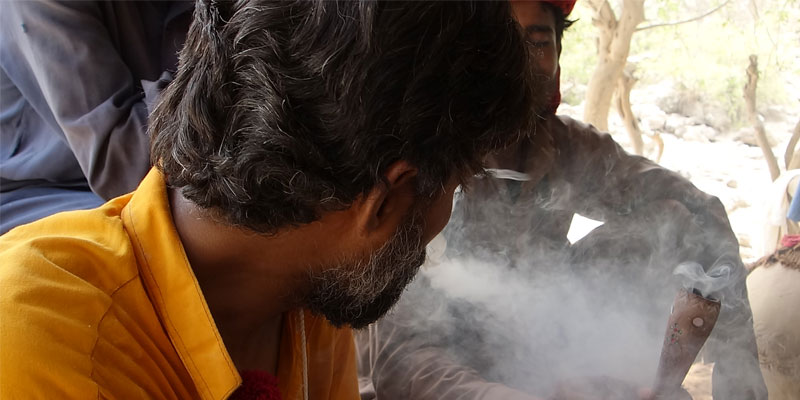The issue
Bangladesh, Nepal and Pakistan face a major challenge with tobacco smoking, as well as being highly affected by tuberculosis (TB).
In addition to causing cancers and heart diseases, smoking is linked with TB; people who smoke are more likely to develop TB.
Compared to non-smoking TB patients, smokers are less likely to recover and more likely to die during TB treatment. People who smoke while on TB treatment are less likely to comply with their medication and more likely to suffer a TB relapse compared to non-smokers. Smoking also enhances the risk of TB transmission to others.
Overall, smoking is responsible for almost over 20 per cent of TB-related deaths.
The research
Our research aims to prevent TB deaths that are attributed to smoking. We have developed, evaluated and implemented smoking cessation interventions as part of routine TB care.
We first studied the beliefs and attitudes of TB patients towards smoking. Subsequently, we developed a bespoke behavioural support intervention designed to help them quit.
This intervention was compared to usual care in a large trial conducted in Pakistan. We demonstrated that patients receiving behavioural support were nine times more likely to abstain from smoking than those receiving only usual care.
We also found that regular recording, reporting, supervision and clear leadership are needed if TB health workers are to take responsibility for smoking cessation. This helped to normalise smoking cessation within TB control programmes.
The outcome
In Pakistan, tobacco cessation has been included in the national TB strategic plan and clinical guidelines.
Nepal's national TB programme has modified its surveillance systems to include recording and reporting of smoking status. The programme has also adopted the behavioural support intervention within its policies.
In Bangladesh, Nepal, and Pakistan, tobacco cessation intervention has been rolled out in several districts where it has already been offered to thousands of patients.
Based on our research, the World Health Organization’s 'Be Healthy Be Mobile' team has also developed an mHealth package which sends mobile text messages on smoking cessation to TB patients.



